Yellowstone continues efforts to recover from historic flooding; Limited reopening highly possible next week on park’s south loop
YELLOWSTONE NATIONAL PARK (KIFI) - Yellowstone continues major flood recovery efforts in the north while repairing damage and preparing for reopening in the south.
All five park entrances remain closed temporarily; however, West, South and East entrances are targeted for reopening as early as next week.
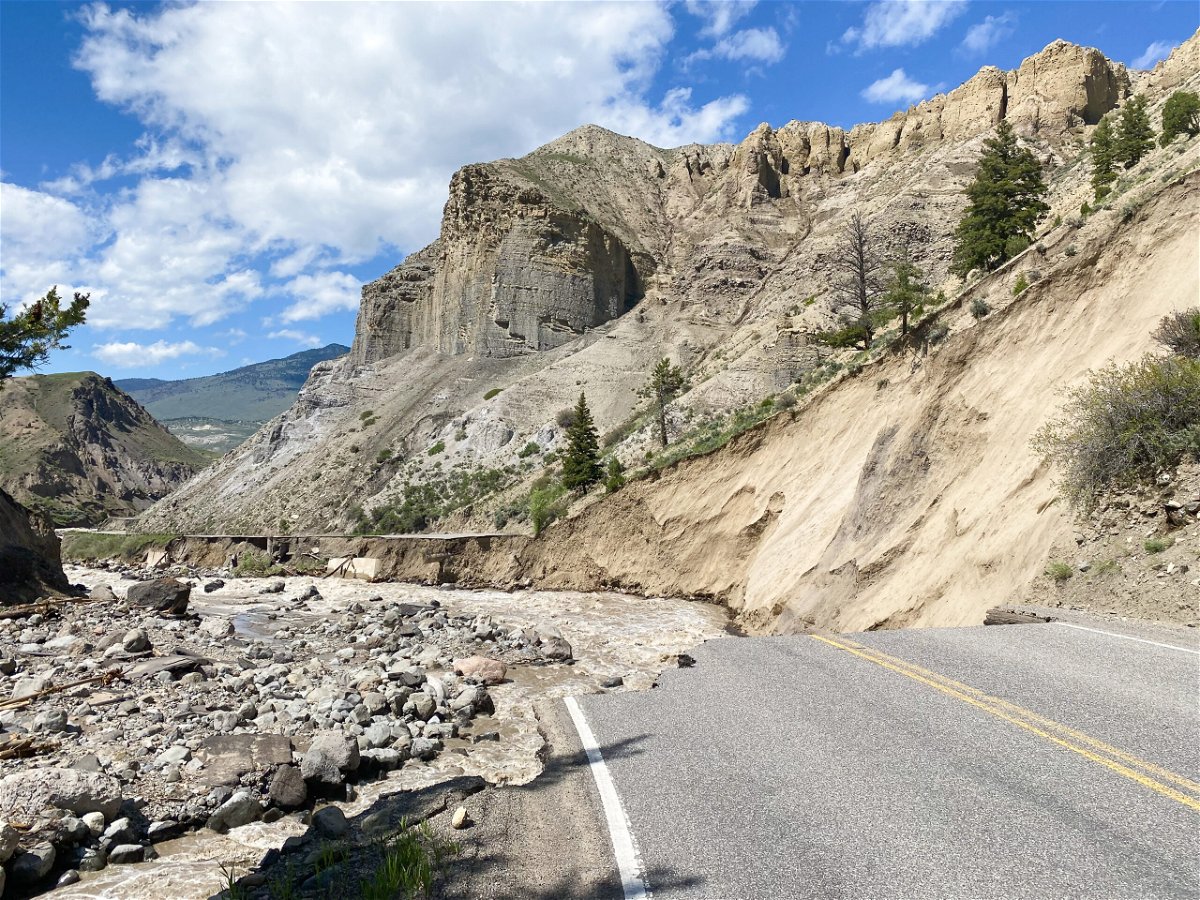
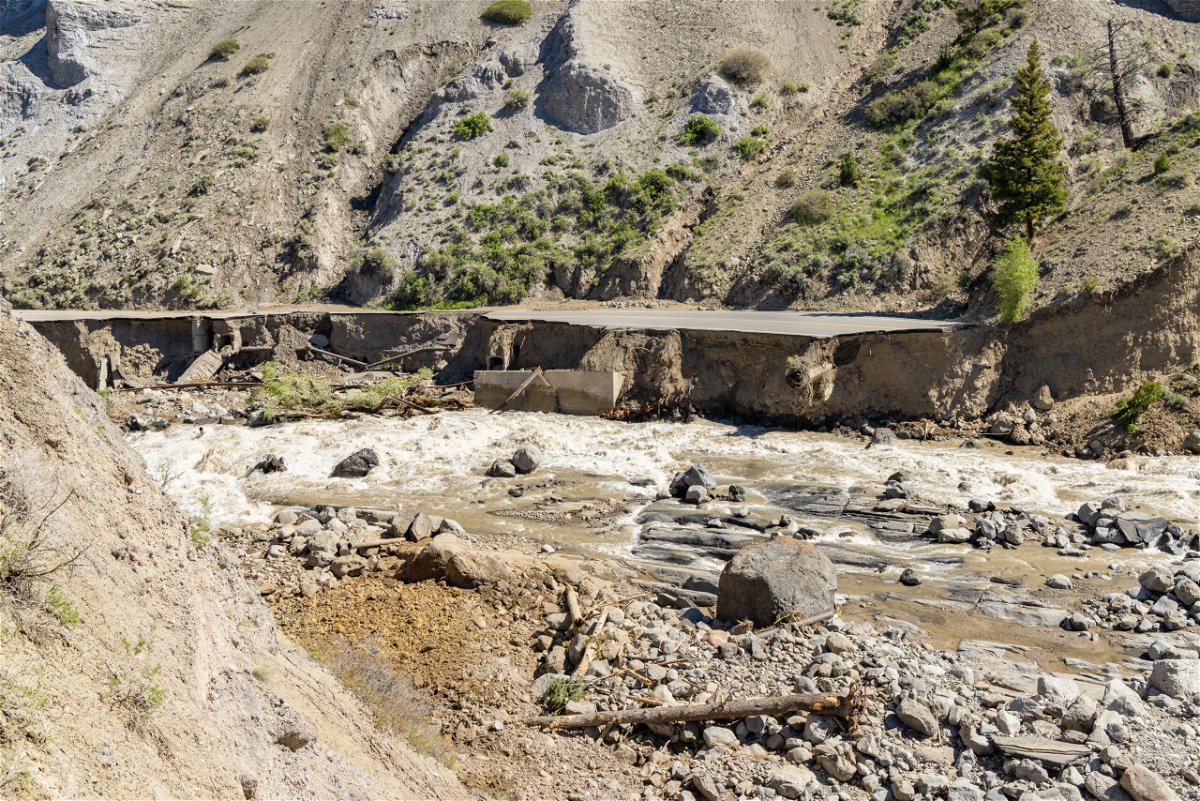
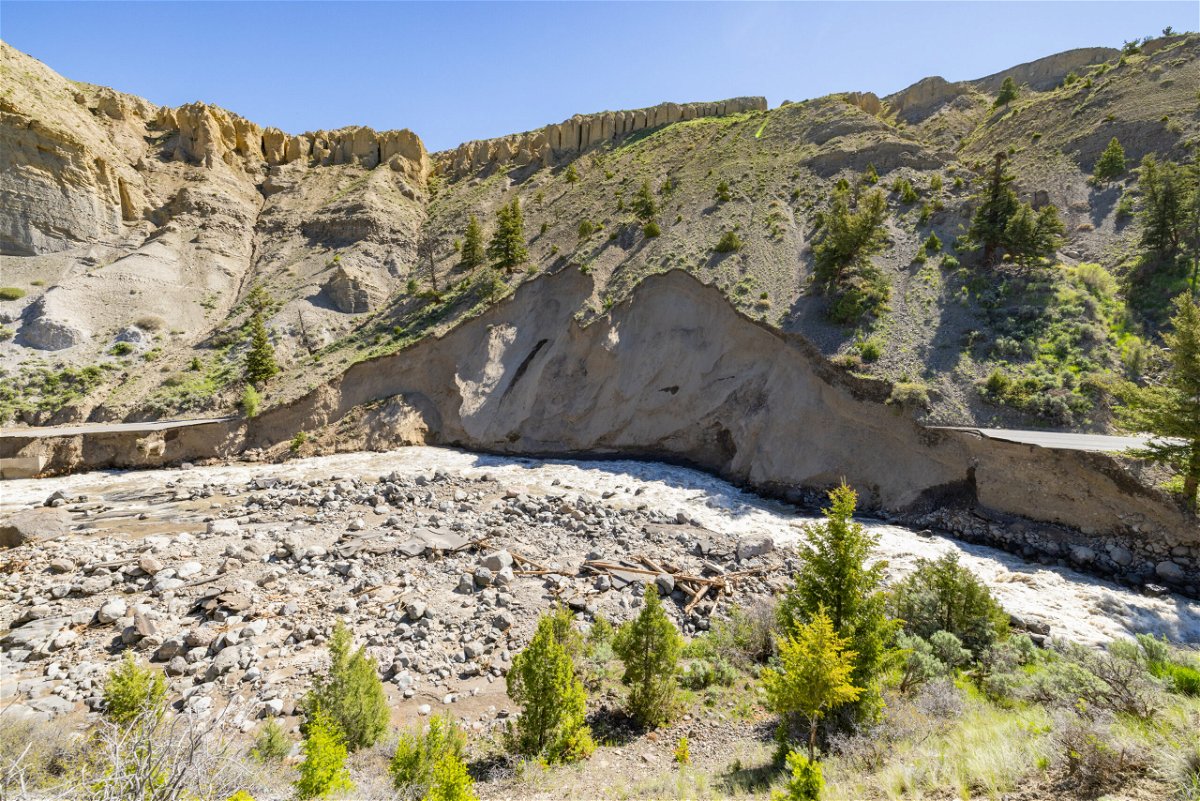
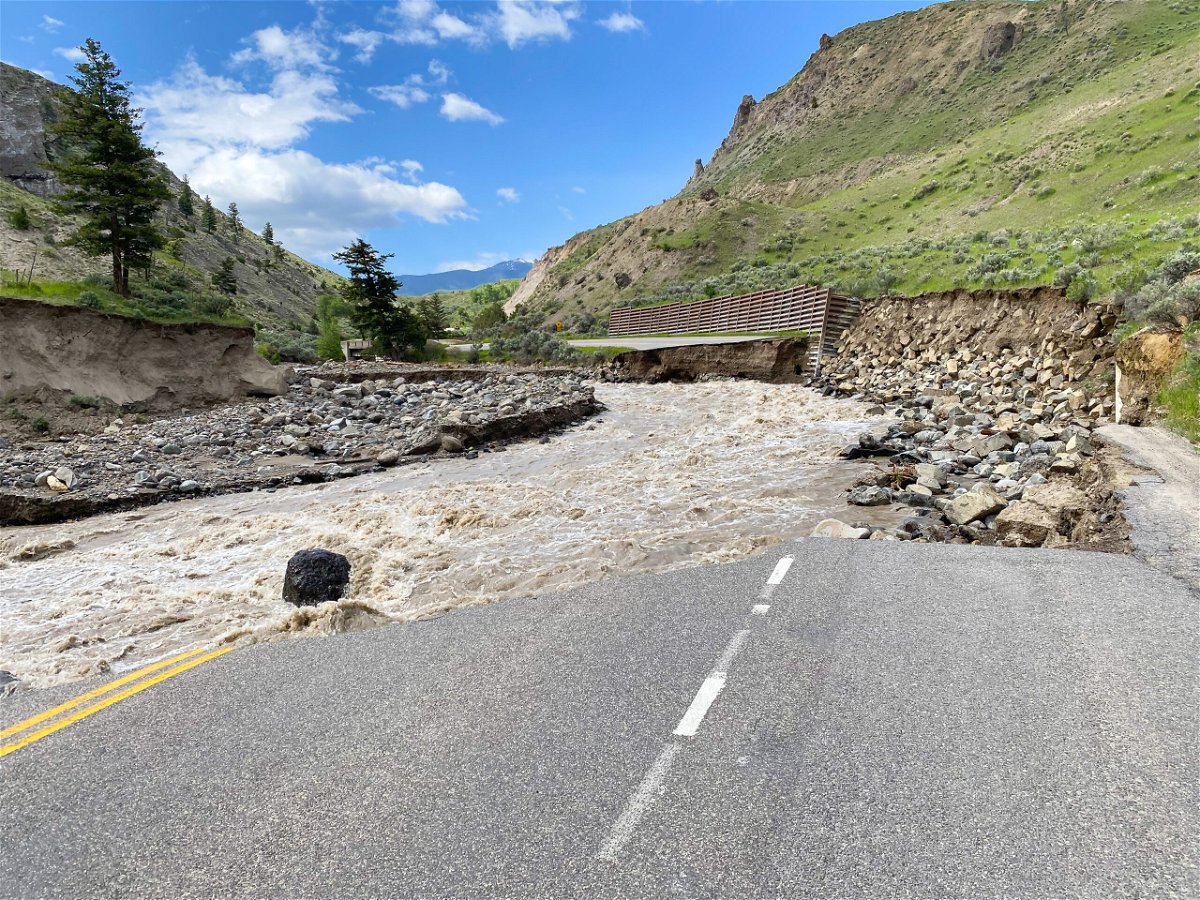
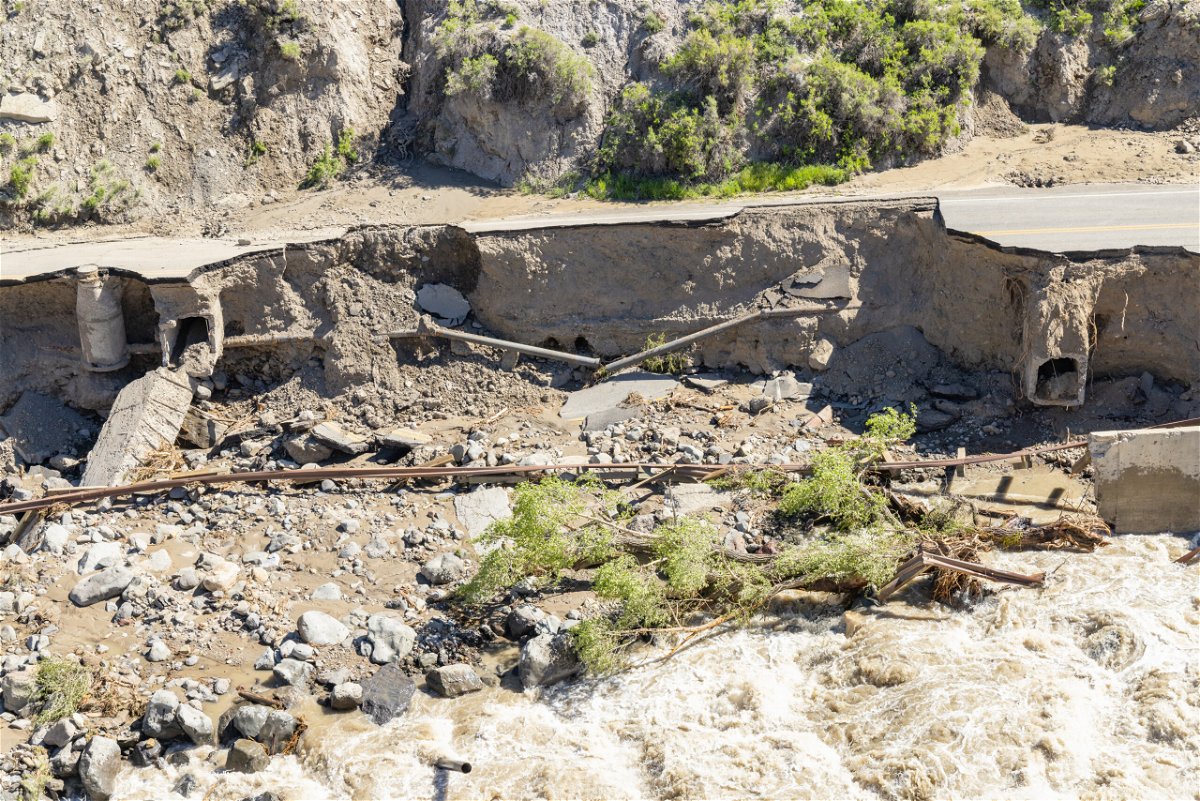
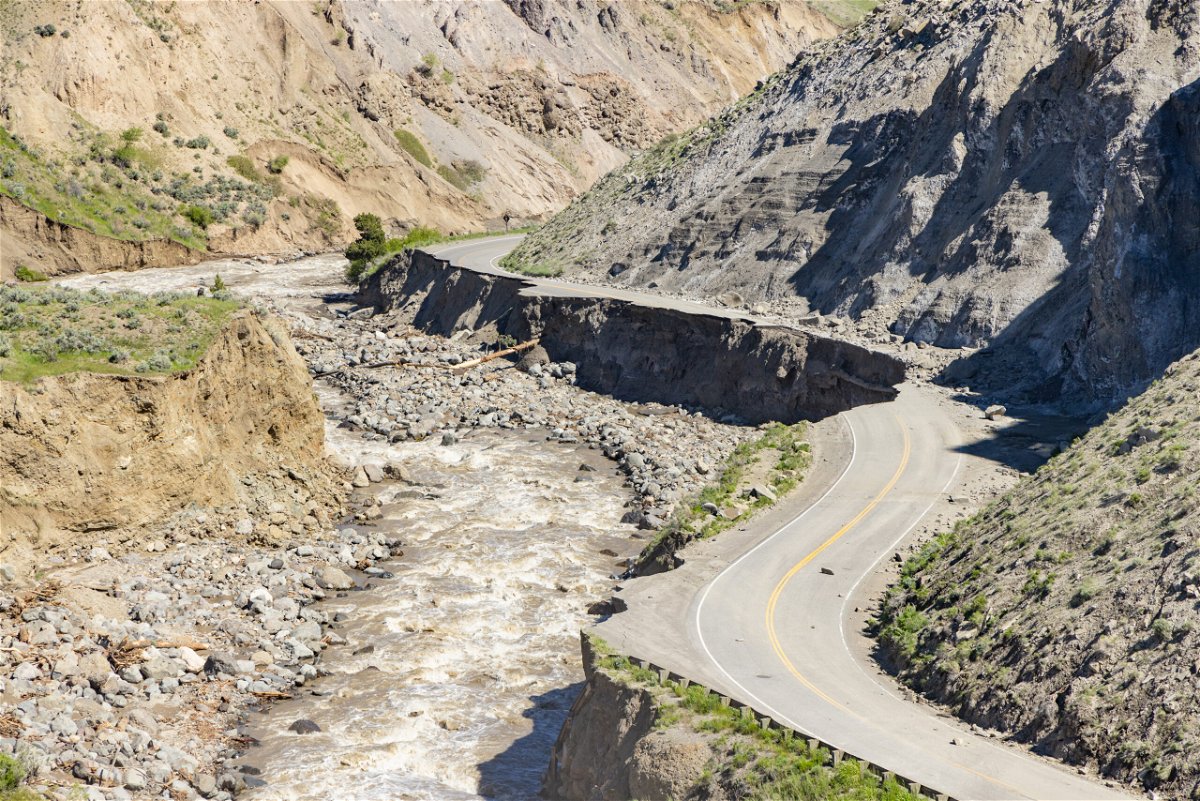
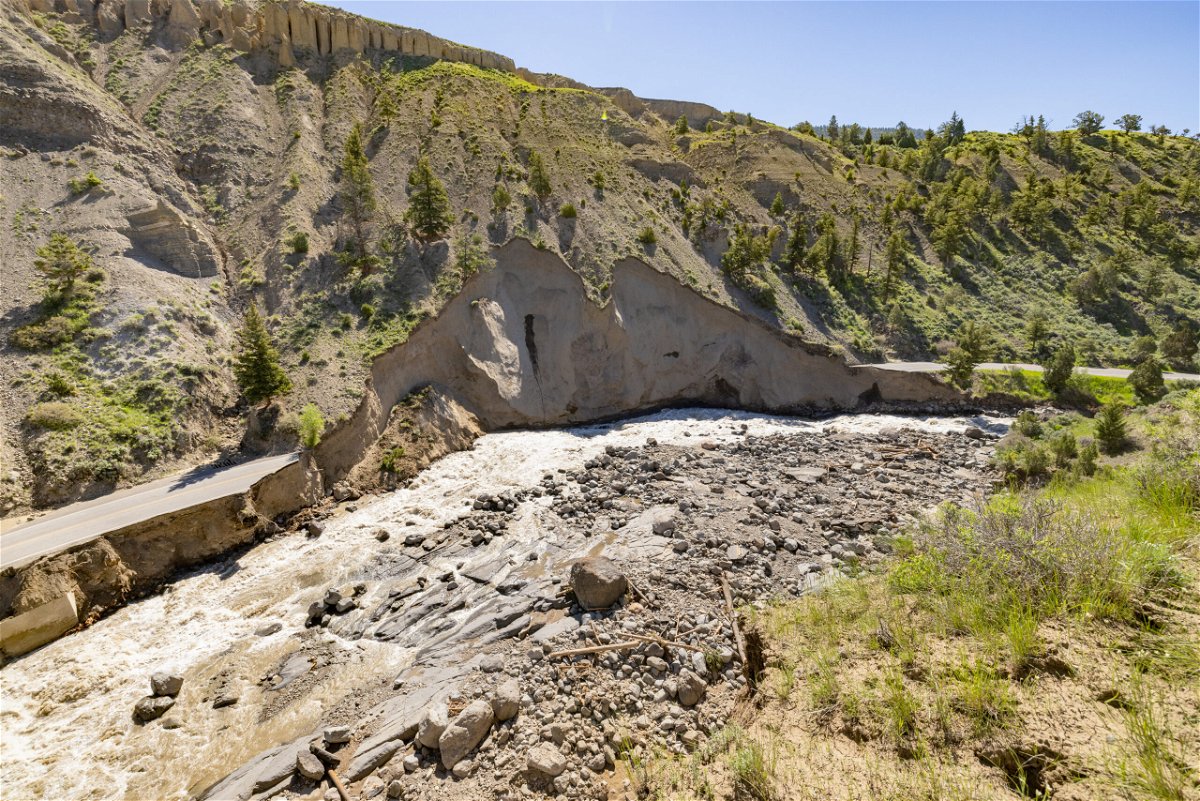
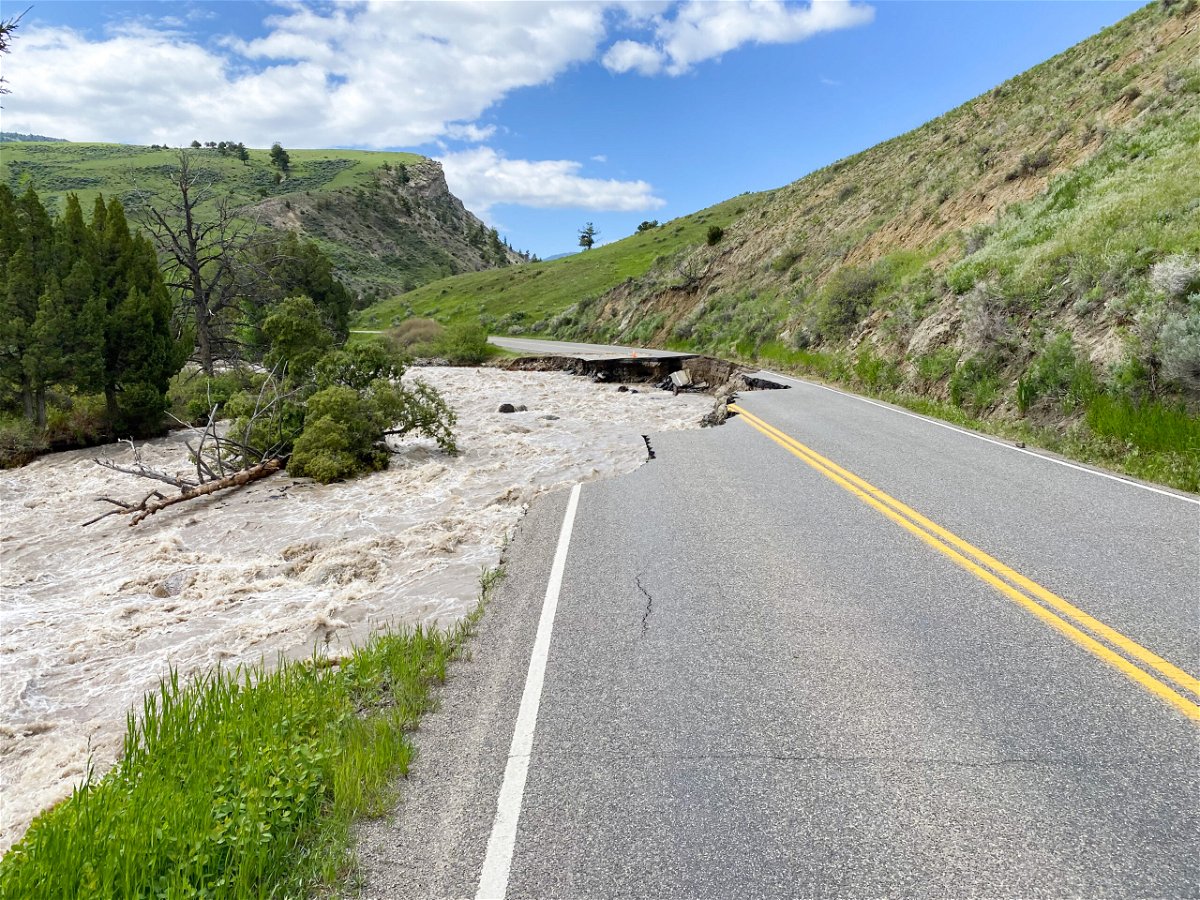
Water levels remain high but have gone down substantially over the past 24 hours.
Weather patterns and potential for additional flooding events are being monitored with the assistance of NOAA and USGS personnel.
The National Park Service (NPS) has engaged over 1,000 partners in surrounding gateway communities, counties and states in the past 96 hours to brief on flood damage impacts and collaborate on reopening strategies.
Teams are in the park assessing damage and assisting with short and long-term recovery planning.
NPS is analyzing the carrying capacity of the south loop and working closely with partners to develop appropriate visitor management actions to safely accommodate visitors within that portion of the park.
NPS is working to determine what other potential sections of the park may be reopened for the season. Decisions will depend on extent of damage and the ability of the NPS to safely open additional sections as the year progresses.
Although access to Yellowstone National Park will be less than normal until further notice, there are still incredible opportunities for recreation, wildlife viewing, and great experiences in the park’s gateway communities (Gardiner, Montana; Silver Gate and Cooke City, Montana; West Yellowstone, Montana; Cody, Wyoming; and Jackson, Wyoming), as well as surrounding areas in the Greater Yellowstone Ecosystem. View a list of nearby cities, parks, public lands, and museums to help plan your visit.
Visitors who have trips planned should continue to check the Yellowstone website, local chambers of commerce, and social media for updates to get the most up-to-date information.
Because initial damage assessments are ongoing, the NPS does not yet have an estimate on when Yellowstone will fully reopen nor are preliminary costs for repairs and recovery available.
To date, there have been no public or employee injuries reported due to the flood.
“We have made tremendous progress in a very short amount of time but have long way to go,” Superintendent Cam Sholly said. “All emergency and life safety objectives within the park have been accomplished or stabilized within the first 96 hours of the flood event, without major injury or death. We have an aggressive plan for recovery in the north and resumption of operations in the south. We appreciate the tremendous support from National Park Service and Department of Interior leadership, in addition to our surrounding Congressional delegations, governors, counties, communities, and other partners. This first 96 hours has been critical to be able to focus on our life safety objectives and stabilizing emergency conditions while preparing plans for recovery.”
Objectives
North Loop (Primary Flood Recovery Zone)
- Ensure safety of employees, visitors, community residents and partners
- Restore and maintain basic services including, power, water, and wastewater
- Restore temporary and permanent access between Yellowstone and Gardiner
- Restore temporary and permanent road access through the Northeast Entrance Road
- Restore access to the Yellowstone backcountry
- Engage communities, local, state, and federal stakeholders and media
South Loop (Operations Zone)
- Ensure safety of employees, visitors, and partners
- Repair damaged sections of roads and infrastructure in preparation of limited south loop reopening; inspect critical infrastructure (bridges, wastewater systems)
- Conduct extensive community outreach with gateways to identify and determine visitor use management actions necessary to host visitation on the south loop
- Develop reservation/timed entry system options for implementation with NPS visitor use experts
- Ensure internal business partners are prepared for visitor operations in the south loop
- Develop appropriate communications strategy on opening of south loop
General Updates
North Loop (Flood Recovery Zone)
All employees continue to be safe and accounted for. Additional support programs are being established for employees impacted by the flood event.
Employees who lost housing have been relocated to new housing units.
Thanks to Montana Department of Transportation and Park County Montana, Highway 89 north from Gardiner was reopened on Wednesday to facilitate the exit of stranded visitors.
Food and water supplies to Gardiner have resumed.
Power has been restored to Yellowstone with the assistance of Northwestern Energy.
Destroyed wastewater lines in Mammoth have been temporarily repaired with permanent repair options being planned.
Extensive efforts have been made to improve the Old Gardiner Road to help facilitate connection of essential services and personnel from Mammoth to Gardiner. Park staff are assessing what level of improvements are needed to facilitate higher traffic levels.
Plans and assessments of reconstruction of new the permanent road between Mammoth and Gardiner are underway. The new road will likely not be reconstructed in the same corridor as the previous road.
Teams from Federal Highways and other agencies are in the park assisting with damage assessments and assisting the park in developing cost estimates and timeline for repair.
Aerial 3D imaging flights have been conducted on the Northeast Entrance Road to Cooke City to help with damage assessments.
Extensive assessments are occurring of damage to trails, bridges and infrastructure within the Yellowstone backcountry.
Mud and rockslides have been cleared from Dunraven Pass and other sections of the northern and southern loops.
South Loop (Operations Zone)
The park intends to reopen the south loop sometime next week with new visitor management measures instituted (more information will be released soon). Reopening is dependent on damaged infrastructure being repaired.
On Thursday morning, June 16, a section of damaged road collapsed south of Canyon Village. Crews will begin major repairs on Friday, June 17 with an intent to complete repairs by Monday, June 20. This repair must be completed prior to opening the south loop.
Park staff are inspecting all bridges and roadways for damage on the south loop to facilitate safe travel.
To ensure the southern loop infrastructure is not overwhelmed, the park is working with gateway communities and NPS visitor use experts to determine the best way to facilitate access.
Known Damage and Issues
- Aerial assessments conducted Monday, June 13 by Yellowstone National Park show major damage to several park roads including:
- North Entrance (Gardiner, Montana) to Mammoth Hot Springs: road washed out in multiple places, significant rockslide in Gardner Canyon
- Tower Junction to Northeast Entrance: segment of road washed out near Soda Butte Picnic Area, mudslides, downed trees
- Tower-Roosevelt to Canyon Junction (Dunraven Pass): mudslide on road
- Canyon Junction to Fishing Bridge: Segment of road just south of Canyon Junction is compromised and collapsed overnight on June 15-16. Repairs are underway.
- Many sections of road in these areas are completely gone and will require substantial time and effort to reconstruct or relocate and build.
- In some cases, roads may not be able to be reconstructed in place and will need to be relocated.
- The NPS will make every effort to repair these roads as soon as possible.
Stay Informed
- Visitors planning to travel to Yellowstone in the upcoming weeks should stay informed about the current situation and pay close attention to the status of road and weather conditions.
- Stay informed about up-to-date road conditions in Yellowstone:
- Visit Park Roads.
- To receive Yellowstone road alerts on your mobile phone, text “82190” to 888-777 (an automatic text reply will confirm receipt and provide instructions).
- Call (307) 344-2117 for a recorded message.
- Find updates about flood recovery efforts and park operations at go.nps.gov/YELLflood.






